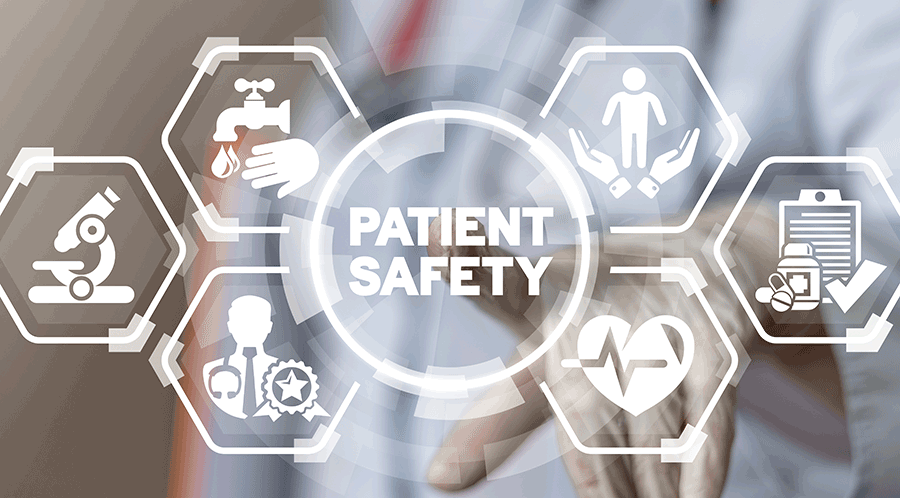Gun violence has become common place within the United States and is now the number one killer of children and teens. However, a report from Kaiser Family Foundation that seldom physicians actually speak to their patients about gun violence.
According to the report, one in seven respondents (14 percent) say a doctor or other healthcare provider asked if they own a gun or if there are guns in the home. Meanwhile, one in four (26 percent) parents of children under 18 say their child’s pediatrician has asked them about guns in the home.
University of Louisville Hospital chief medical officer Jason Smith recently pleaded for policy makers to take action on gun violence after a mass shooting killed five people on a bank in Louisville, Kentucky, The Hill reports.
“To everyone who helps makes policy... I would simply ask you to do something,” Smith said in a press conference. “Doing nothing, which is what we have been doing, is not working.”
According to The Hill, Smith said caring for three or more shooting victims is not uncommon and that staff “barely had to adjust our operating room schedule to be able to do this [tend to mass shooting victims].” He praised his team for how the handle such incidents and treat patients but continued to stress the repeated incidents of gun violence.
“You just can’t keep seeing these lives lost,” Smith said at the press conference. “You can’t keep seeing all the people with these horrific injuries coming through the door without doing something to help.”
Some hospitals and other healthcare facilities have taken it into their own hands to implement gun-safety measures within their buildings. St. Louis Children’s Hospital is now giving away free gun locks to anyone who needs them and CEOs of The Permanente Medical Group, Northwell Health and Children’s Minnesota signed a letter to the senate urging them to take action on gun control.
In recent months Duke University Health System has enhanced the security presence at key hospital and clinic locations; provided additional emergency alert support to care teams; posted signage that aggressive behavior will not be tolerated; trained staff on de-escalation tactics; and made fewer entrances accessible to visitors, among other measures.
In addition, Kansas, Maryland, Massachusetts, Michigan, New Jersey and Utah have drafted or submitted legislation that aims to protect healthcare workers. In addition to these laws, hospitals and healthcare facilities must have a de-escalation plan in place in the event of workplace violence.
Mackenna Moralez is the associate editor for the facilities market.

 UF Health Hospitals Rely on Green Globes to Realize Their Full Potential
UF Health Hospitals Rely on Green Globes to Realize Their Full Potential How Healthcare Facilities Can Be Truly Disaster-Resilient
How Healthcare Facilities Can Be Truly Disaster-Resilient TriasMD Breaks Ground on DISC Surgery Center for San Fernando Valley
TriasMD Breaks Ground on DISC Surgery Center for San Fernando Valley Bigfork Valley Hospital Falls Victim to Data Breach
Bigfork Valley Hospital Falls Victim to Data Breach AI-Driven Facilities: Strategic Planning and Cost Management
AI-Driven Facilities: Strategic Planning and Cost Management